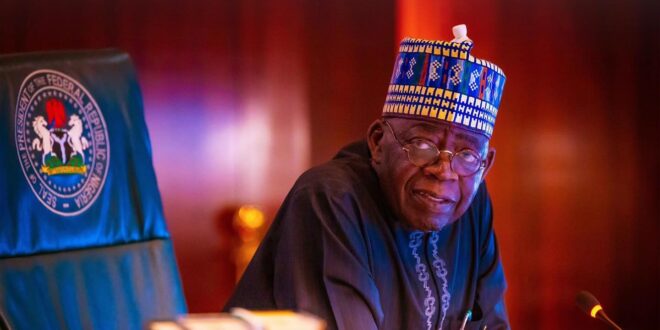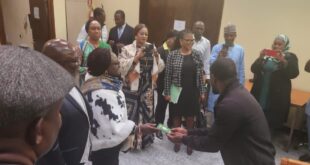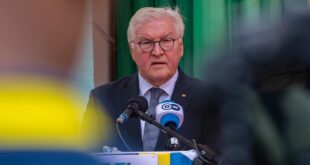The unexpected withdrawal of Niger, Mali and Burkina Faso from the Economic Community of West African States (ECOWAS) has stoked fears of an uncertain future for the regional bloc.
In a joint statement on Sunday, the leaders of the three countries declared that they had made the “sovereign decision” to quit the organisation of 15 member countries.
For months now, tensions have been running high between Niger, Mali and Burkina Faso and ECOWAS, which imposed sanctions on them after coups that took place in Mali in 2020, Burkina Faso in 2022, and Niger in July 2023.
In the case of Niger, ECOWAS even threatened military action to restore the elected civilian government and re-instate the deposed President Mohamed Bazoum. But the military regimes in neighbouring Mali and Burkina Faso threatened to intervene should ECOWAS invade Niger.
In the formal notices of withdrawal sent by Niger, Mali and Burkina Faso to ECOWAS, they accused it of posing a threat to their sovereignty.
Analysts fear the withdrawal of the three military-run countries could herald a possible unravelling of the organisation, founded in 1975 to promote regional economic and political integration and development.
Efforts are currently being made to talk to the military leaders of the three countries to bring them back into the fold. ECOWAS despite its inadequacies has made life easier for the citizens of the member countries as a result of free movement of people and goods in the region.
The Alliance of Sahel States (AES), formed by Niger, Mali and Burkina Faso last September to fight jihadist groups, will now serve beyond a simple military grouping, say analysts. The group will now function as a framework for closer economic and political integration among the three countries.
Captain Ibrahim Traoré, the current leader of the junta in Burkina Faso, has also told journalists the countries were thinking of leaving the common currency of West Africa, Franc CFA, considered by many as a negative and detrimental legacy of colonialism.
Under the ECOWAS treaty, withdrawal would take effect a year after a formal notice has been served. This gives time for diplomatic activities to salvage the organisation by regional leaders and convince the three countries to back down.
West African leaders are currently discussing two options: an extraordinary summit in Abuja, Nigeria, maybe even this weekend, or a meeting of heads of state at the next African Union summit in Addis Ababa mid-February.
If the withdrawal indeed takes effect, it would affect the movement of goods and people, with citizens of Niger, Mali and Burkina Faso losing their right to travel and trade freely within the rest of the bloc.
Mali, Burkina Faso and Niger were founding members of ECOWAS in 1975, which also included Togo, Benin, Côte d’Ivoire, Ghana, Senegal, Sierra Leone, as well as Nigeria.
The three countries also lack access to the sea, and without cooperation from neighbouring Togo and Benin could lose their connection to any port, even though Morocco has offered to help on that matter.
Kola Tella
 THE AFRICAN COURIER. Reporting Africa and its Diaspora! The African Courier is an international magazine published in Germany to report on Africa and the Diaspora African experience. The first issue of the bimonthly magazine appeared on the newsstands on 15 February 1998. The African Courier is a communication forum for European-African political, economic and cultural exchanges, and a voice for Africa in Europe.
THE AFRICAN COURIER. Reporting Africa and its Diaspora! The African Courier is an international magazine published in Germany to report on Africa and the Diaspora African experience. The first issue of the bimonthly magazine appeared on the newsstands on 15 February 1998. The African Courier is a communication forum for European-African political, economic and cultural exchanges, and a voice for Africa in Europe.























